One of the best things about running a successful business is being able to afford yourself the luxury of supporting projects you are passionate about.
The book titled Birtija “Kod poslednjeg zalogaja” (working translation Roadhouse “The final bite”) is one of such projects. It has given us great pleasure to sponsor the book, which was, by all accounts, a jewel at the last Belgrade Book Fair.
The Roadhouse is a cookbook, a travel guide, a study in psychology, and a testament to the fact that food appreciation transcends all differences and unites us as a species.
It is indeed an incredible feeling to be part of the legacy that is this book.
Behind the amazing duo that so masterfully poured the events from their childhood, adulthood, and field work into a composite image of the human condition are Vesna Almog and Aleksandar Vasović. Both are seasoned journalists, with careers spanning over 30 years.
We had the pleasure of catching up with them and asking them a couple of questions.
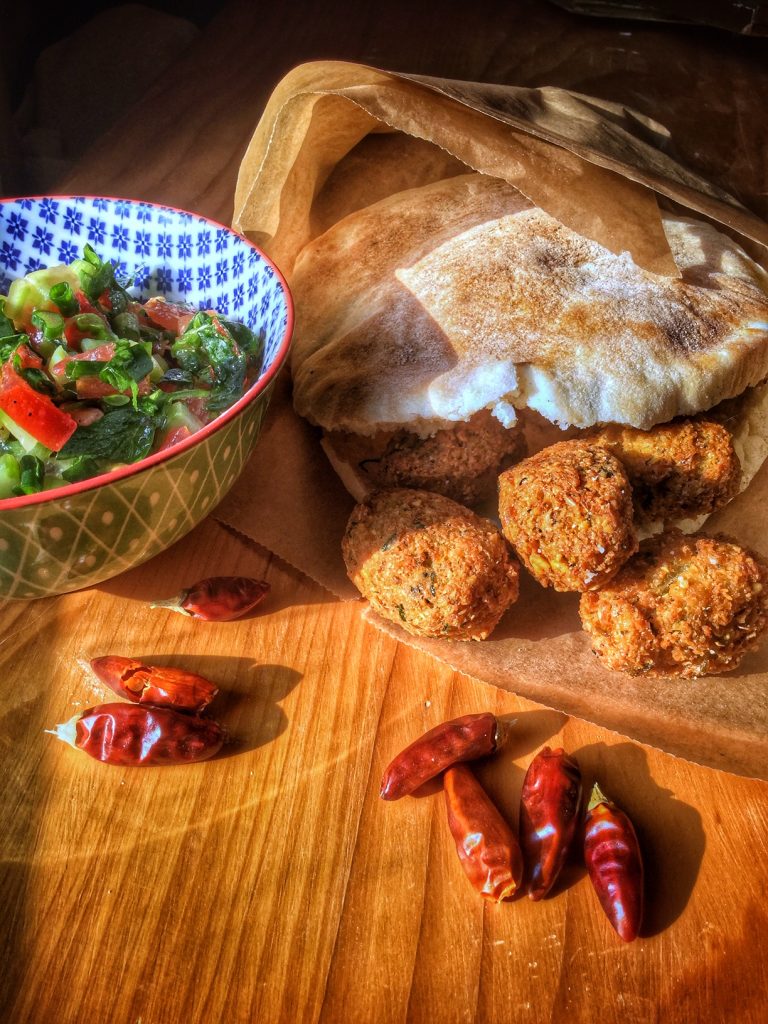
Falafel
Have you always been gourmets or has your experience in the field changed your perception of food?
Aleksandar:
– Of course. I learned that food is a sociological, cultural, and even political category. It is an equally reliable indicator of the state of things, both on a day-to-day and historical basis. Whether the people and the army eat well or not is equally important as the situation on the front. I met a retired officer of the French Colonial Infantry. In 1952 in Vietnam, he approved that locals be assisted in breeding pot-bellied pigs, and the situation in his sector improved dramatically. I don’t know if I’m a gourmet. I simply don’t eat just anything.
Vesna:
– Those older than me claim I have always been picky. My grandpa called me an English princess, and the other used to bring me food to school every day because I didn’t want to touch food in the school cafeteria. My poor grandma had to make noodles because I claimed store-bought ones were sour, and by the time I was a first grader I could smell from ten feet away what parts of beef were cooking in the soup. Field work hasn’t changed anything, except that it taught me that sometimes you need to push something truly tasteless down the throat if you intend to live.
Your book abounds with vivid characters and familiarizes the reader with people from Afghanistan and Morocco to nomad gypsies and the Amish. Many regret that the epilogue of each story was a recipe and that they couldn’t learn more about the fates of protagonists. Have you stayed in touch with some of the people from your book?
Aleksandar:
– With some of them I have maintained not only contact, but also decades-long friendships. I lost touch with many of them, some died, some I met only in passing, just long enough for them to leave me the recipe.
Vesna:
– If memories count as staying in touch, then I have. All the amazing people I’ve crossed paths with are still in my heart. The names of some I can’t recall, but they still come in bright flashes of images and emotions. Most of them are, naturally, no longer with us, and there are only a few mentioned in these stories whose whereabouts are unknown to me.
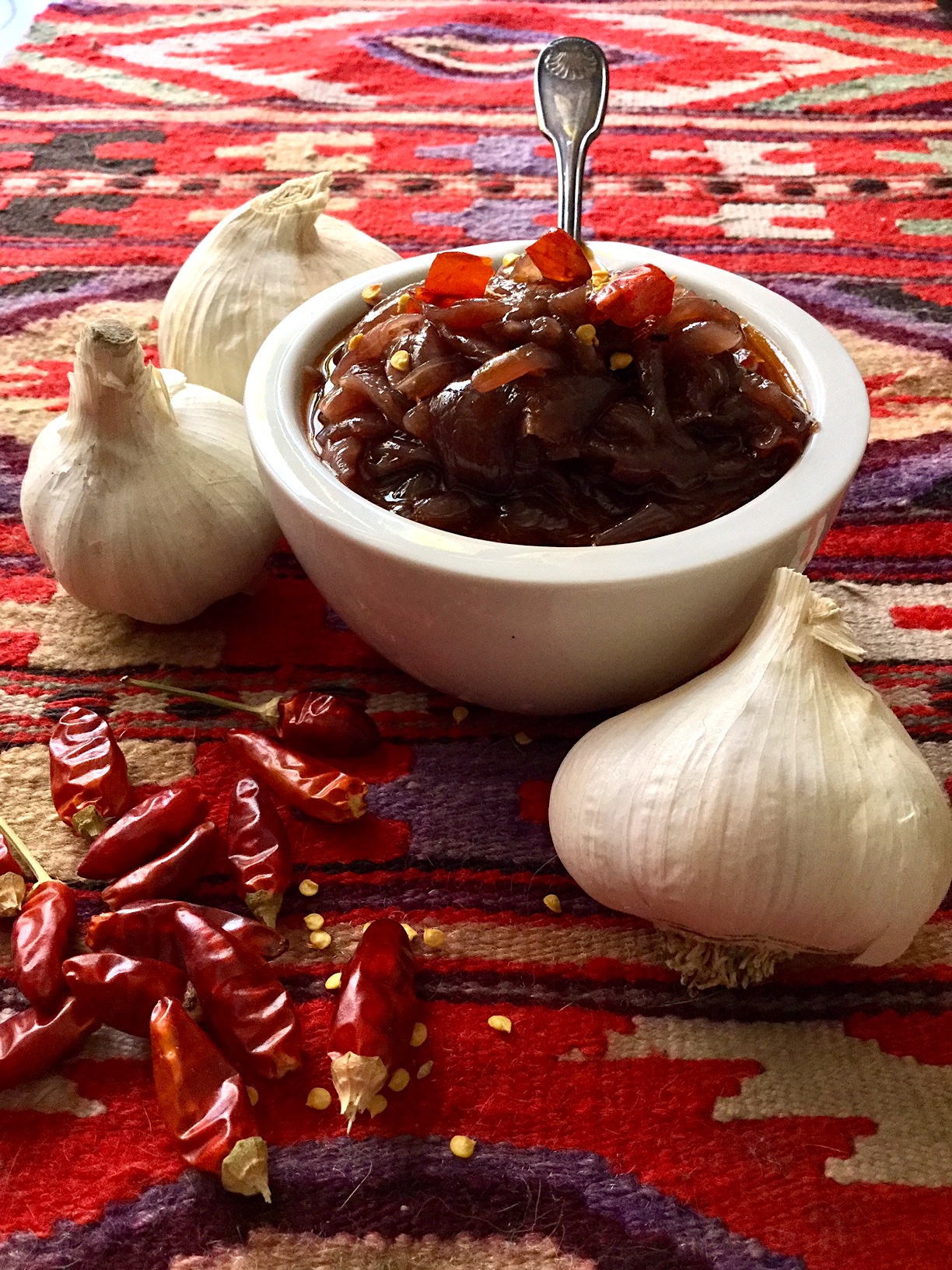
Onion marmalade
How big is your treasure trove of recipes, and are you planning a second book?
Aleksandar:
– I can cook many other dishes. Some have a story, some are just recipes. I don’t know if we’ll publish a second book. Let’s just let things settle and then think what next, if there is a next for this written form.
Vesna:
– All people carry inside them an endless trove of edible memories – ours had been bugging us, so we decided to share some of them with others. As for plans… we had no plans for this book either. We shared stories on Facebook, without any further thought, and those who read us probably felt that it was a deeply personal need. People need honesty. They are tired of projects. If I once again reach that “extra vergine” state, then yes. If I recognize any manipulation on my part, I’ll exercise restraint. I appreciate good literature too much to participate in making subpar contributions.
Have you ever changed the original recipes, and if so, why?
Aleksandar:
– I only adapted them insofar as replacing the unavailable spices and ingredients with the next best thing. Sometimes it worked, sometimes it didn’t.
Vesna:
– I tried not to change those I discovered as an adult, in the field, but since many were from my childhood, I had to reconstruct them from memory, searching for that authentic taste. Such was the case of Idana’s maltagliati with cabbage – hers was the only one I loved, and I needed a couple of years to “crack” the recipe. Of course, it is possible that my list of ingredients differs from hers, but the taste is the same, and that is what’s important to me. Though I’ve amassed dozens of cook books through the years, I improvise in 90% of the cases. My kitchen scale sits on the topmost shelf, collecting dust.
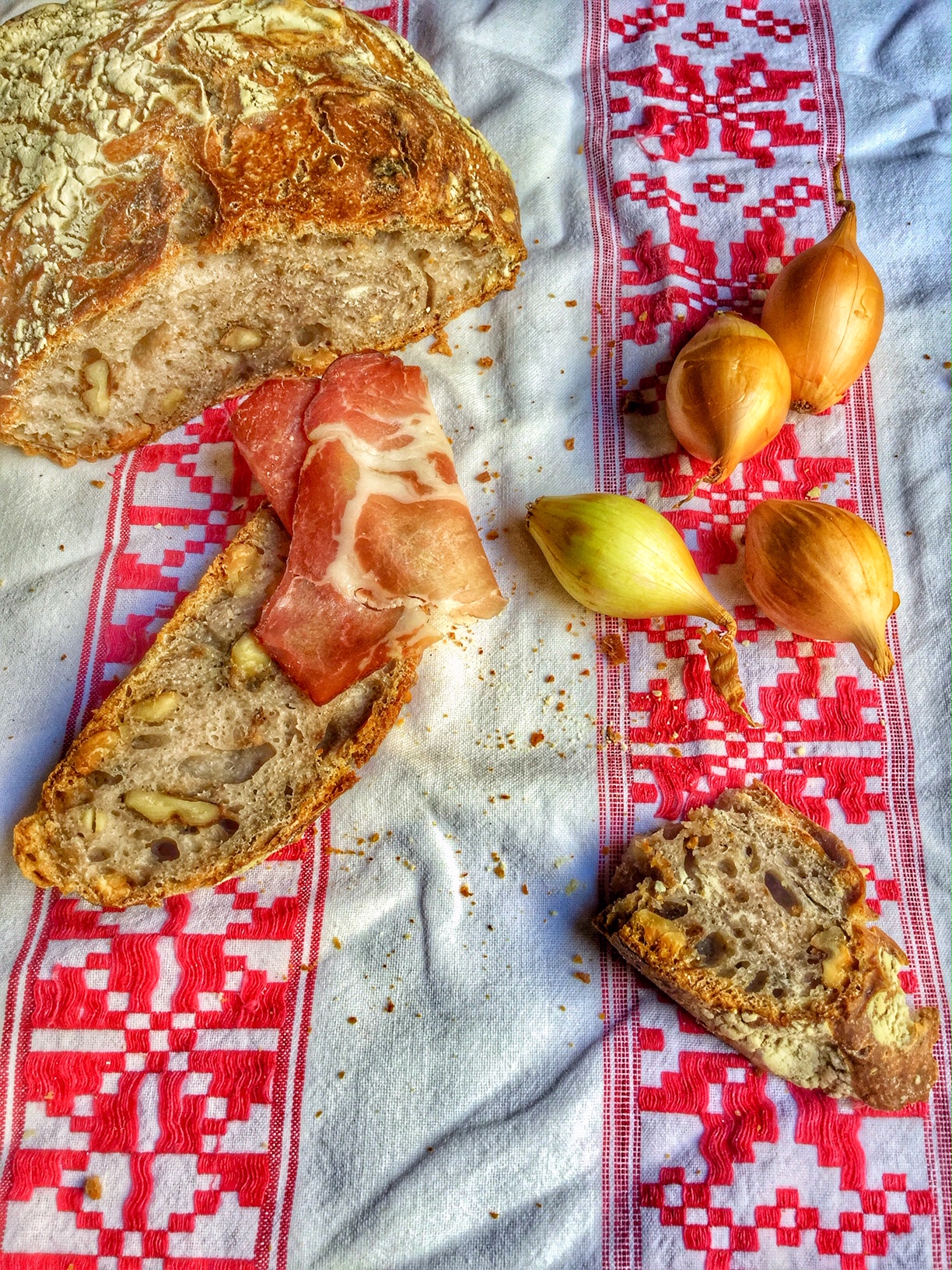
Mara kvasara
You are already being compared to Bourdain. Would you consider doing a format other than a book and a Facebook page?
Aleksandar:
– I don’t like such comparisons. We did something different and had no ambitions to go in that direction. I don’t know if we’ll try another format. As I’ve said, let’s wait awhile.
Vesna:
– That is an exaggeration. Maybe we come close to him in our love towards good food, but he was one of the best in his profession, the keyword being profession, whereas we are more home cooks. I don’t see myself in a different format. The love for people for whom I cook is the most important spice, and I don’t think I would enjoy cooking in public. Not to mention that it’s sad to see so many TV and YouTube chefs today doing god knows what to increase and keep their viewership. The attention from my loved ones is enough for me.
Have the circumstances in which you dined somehow affected the taste of food?
Aleksandar:
– I don’t believe so. They say the food tastes better under adrenaline, but for me a bad dish is equally bad regardless of circumstances.
Vesna:
– It’s a complicated question. The specific taste of a dish is just part of a complex experience. We can try something just once, and that something will be spiced with the exhilaration of the newly discovered. Sometimes food completes the moment when you are in equilibrium with everything around you. The rabbit casserole I ate in the middle of the sea, on the day when Olib lost the game to Silba, can never be tasted again and will forever, regardless of how it’s prepared, lack salt in the nostrils and sun on the skin.
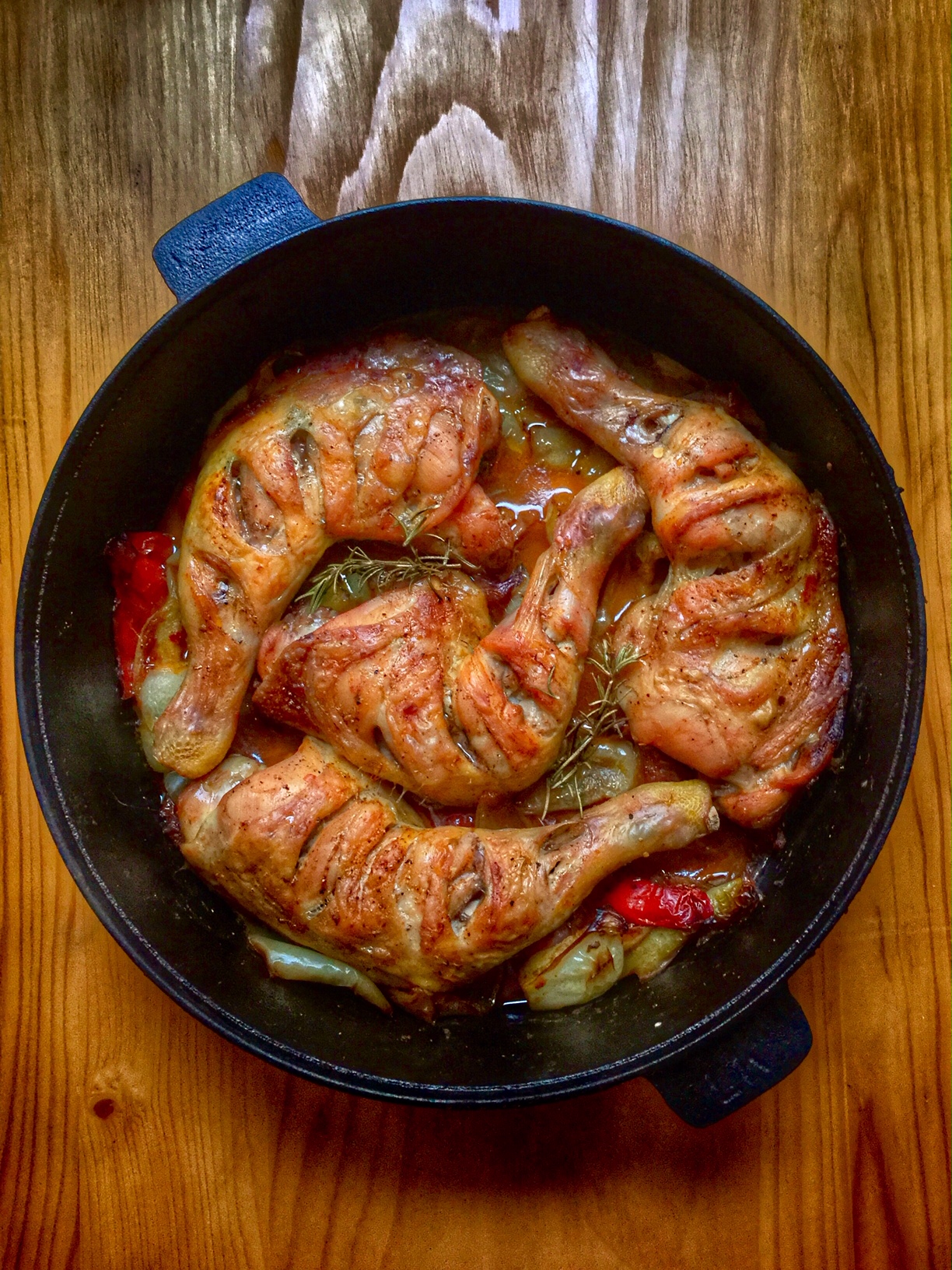
Harisa
Do people from different regions differ when it comes to food enjoyment?
Aleksandar:
– Yes. People eat different things and enjoy them differently. In Central Asia I was cured of a habit of eating fast and in large quantities. The size of dishes varies equally. Where some would serve a one-kilo portion, others would serve two bites only, for the art is to try many dishes, combine tastes, and make food a part of social interaction.
Vesna:
– Differences are cultural and customary, but the enjoyment is, I believe, universal.
Gastronomy is one of humanity’s most enduring achievements. Has the attitude towards food changed in the last thirty-odd years, and if so, how?
Aleksandar:
– As I’ve said, I learned to eat to enjoy. I learned to appreciate the spices.
Vesna:
– It keeps changing and revolving around having and not having. In the Middle Ages, most families in Europe, the majority of them being poor, had no kitchen and ate on the fly, mostly what passed as fast food back then; a porridge of beets and cereals. Today, most families have a kitchen, and the richer they are, the less messy their kitchens get. At that time, a good part of the population would have lived and died without ever tasting meat. It was simply unavailable, and even the game in forests belonged to feudal lords. Along with other hardships, bad nutrition and lack of animal protein shortened their lifespan to half of what it is today. Today is the opposite; those with means are those who, in seeking eternal youth, can afford quality vegan food, while the poor eat hamburgers. Only some communities discovered the secret to the balance; the rest of us are still stumbling.
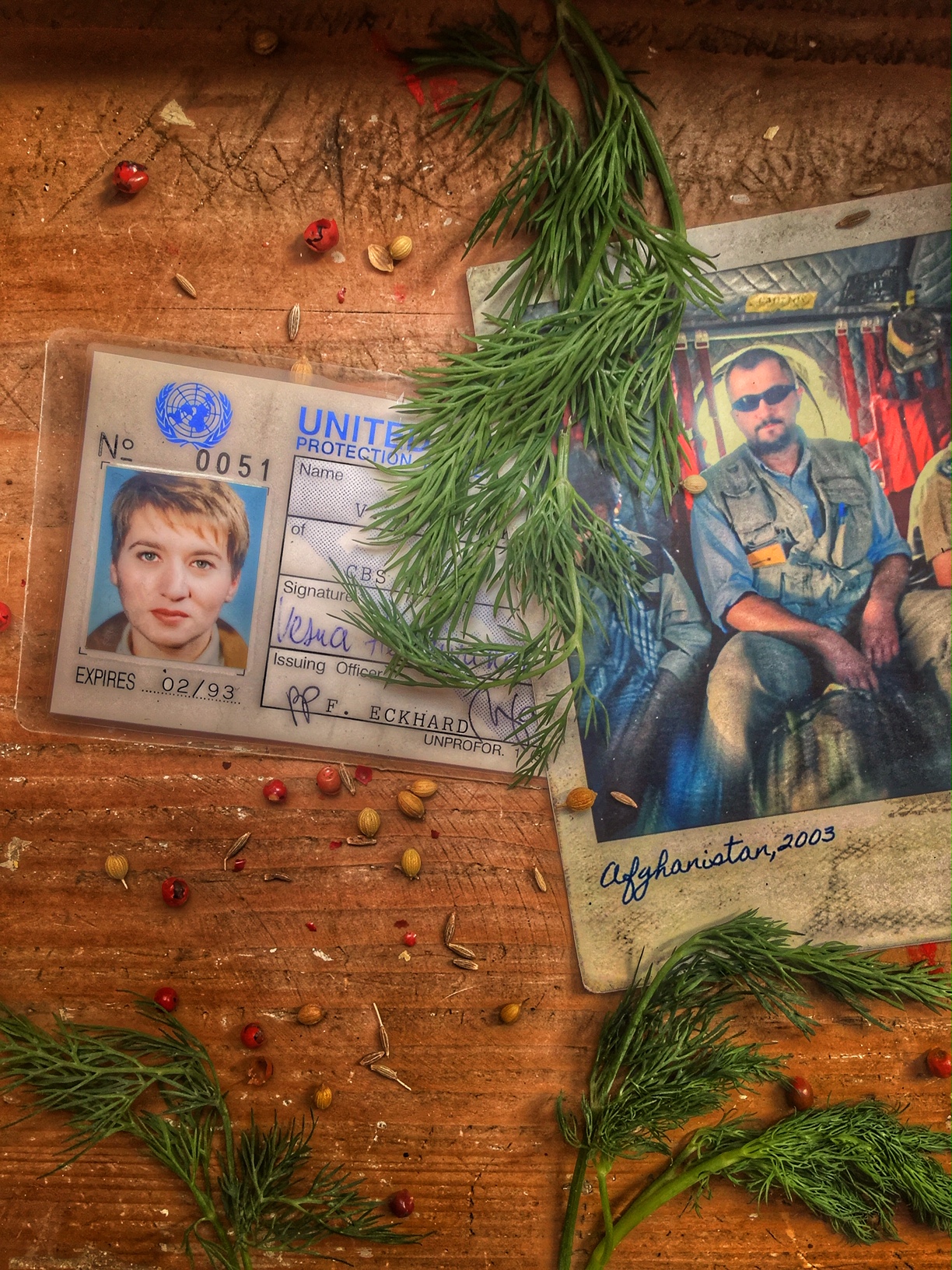
Press
Every day we moderate approximately 100,000 photographs; 25,000 vectors; and 7,500 videos. We see plenty, travel the world without leaving the office, and enjoy some truly spectacular photos of food. Some of your photographs can hold their own next to the best stock photographers out there. Can you tell us more about the process itself?
Aleksandar:
– Vesna was the master of photography. We cooked and dined together, but I only rubber-stamped the photos.
Vesna:
– Apple should hire me as a model. Namely, my limited movement due to a compound fracture of the ankle joint prevented me from setting up both my modest Nikon and myself. Everything had to be fast and automatic; therefore, all photos were taken with a pretty old iPad, whose biggest flaw is that it requires ideal lighting conditions. Since at the very start we decided not to use the usual tricks in food photography, which I recognize in most cases, but to eat whatever we previously cooked and photographed, cooking had to be done according to weather forecast. We had to end our cooking at the most opportune time, so as to catch the best light. Natural light is irreplaceable for me; it carries with it the power of breathing life into inanimate objects and snuffing it from living things. It’s not the same if you photograph something in Tel Aviv or Vienna. I named these two places because it is where I photographed a biscuit porcelain bust within a short amount of time. The amount of light was the same, the camera was the same, and yet, in the Israeli photo that bust was ready to jump out of the frame. The Vienna photo was technically fine, everything was as it should be, but the bust remained just a piece of baked clay. I know amazing professionals, real giants of photography, and it would diminish me if I ever falsely represented myself and imagined things – what drives me is the desire to create something that corresponds with my inner aesthetic need, and your praise gives me immense pleasure and not a small amount of discomfort, because a person who is patted on the back can easily escape self-criticism.
(Text: Marija Bukurov; Photo: Private archives)
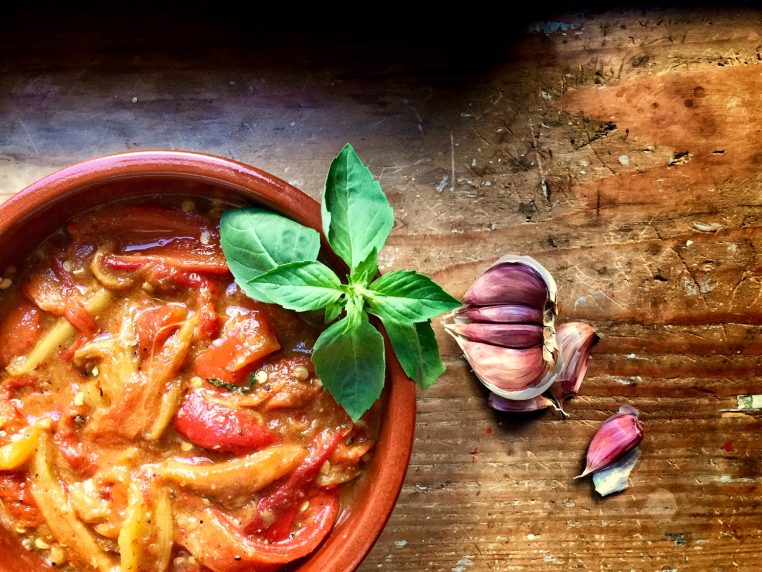
Comments are closed.